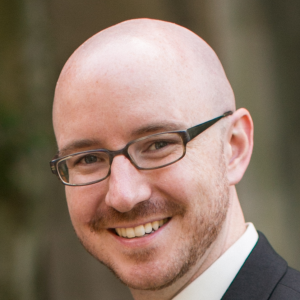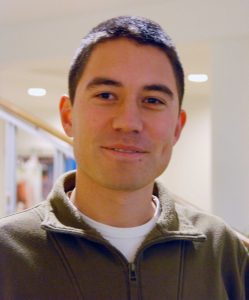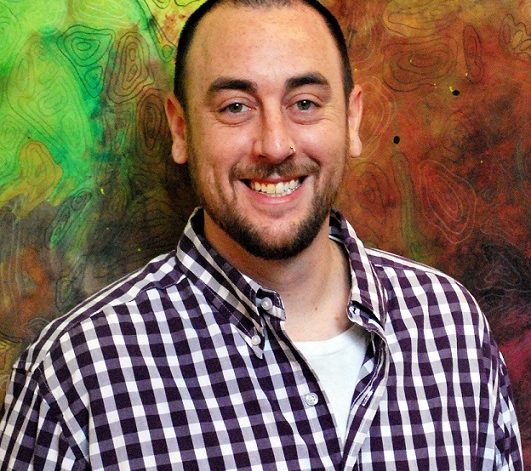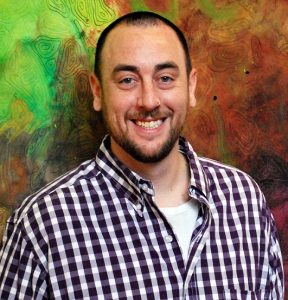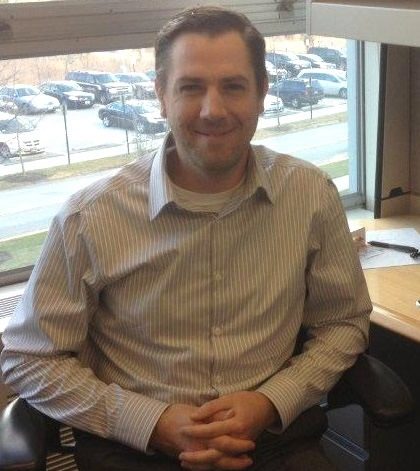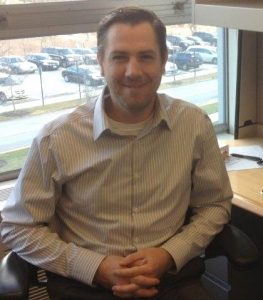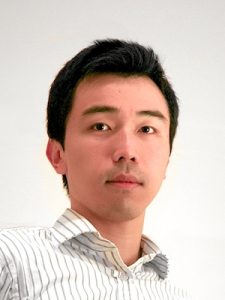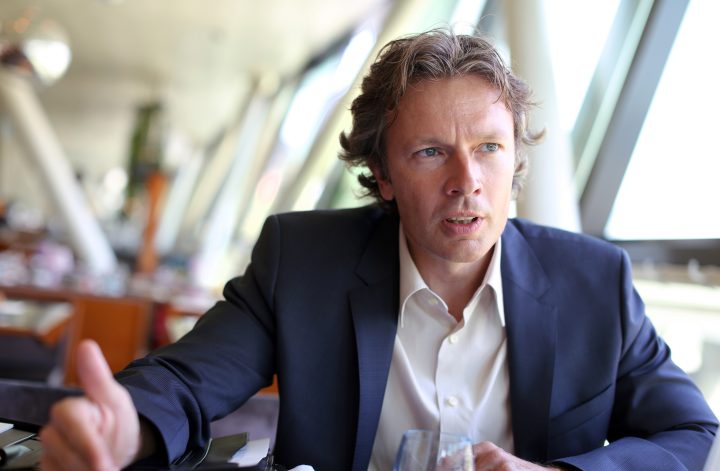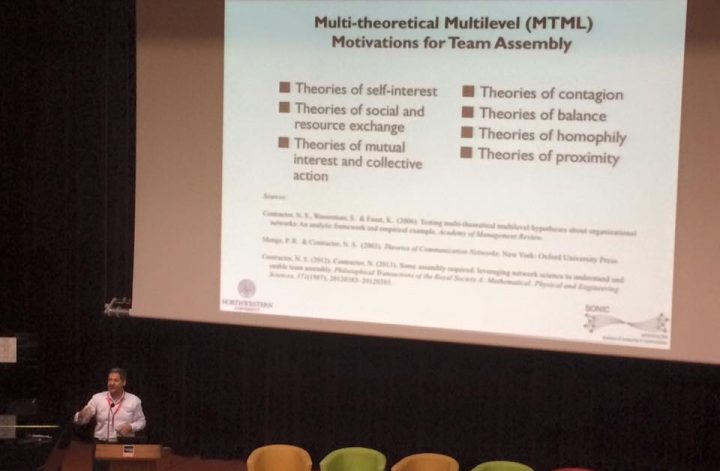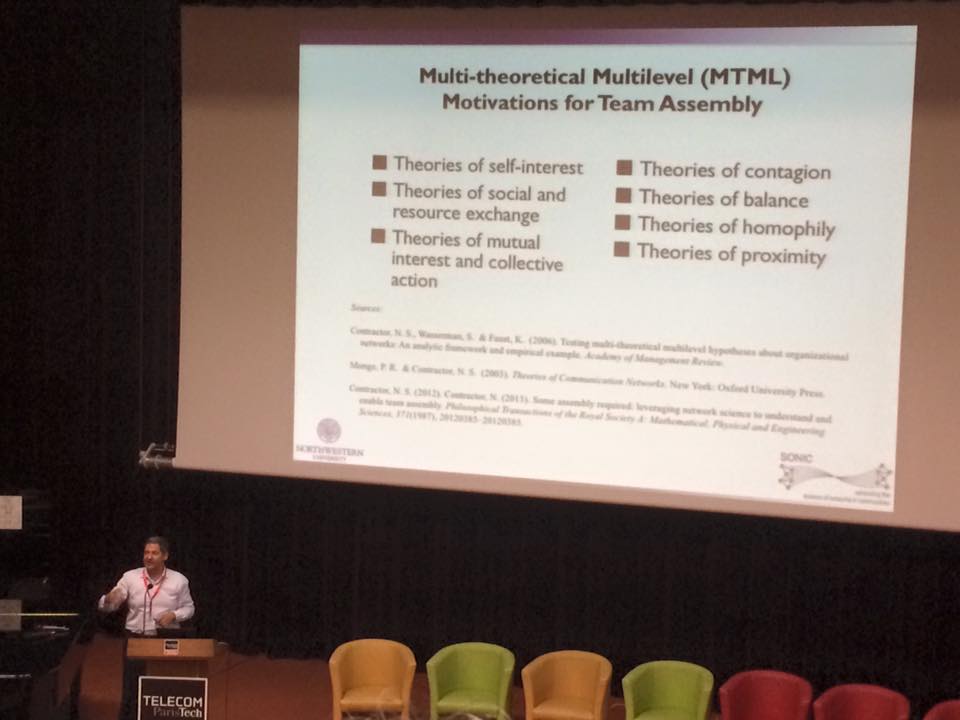SONIC Lab is proud to welcome back Brian Keegan (a Ph.D. Graduate from NU’s Media, Technology & Society program), who will present a talk on Friday, November 13th, 2015 at 1:30 PM in the SONIC Lab in the Frances Searle Building 1-459. All are welcome to attend.
Collaboration in Bursty Information Systems: Wikipedia’s Coverage of Breaking News Events
Abstract
Bursts are characterized by a sudden onset, significant change in intensity, and temporary duration of collective social behavior. As “software eats the world” and makes critical economic and social infrastructures more interconnected, managing ever more interoperable information systems in the face of bursts will take on heightened importance. Wikipedia’s coverage of current events is a compelling context to understand how open collaborations coordinate complex, time-sensitive, and knowledge-intensive work in the absence of central authority, stable membership, clear roles, or reliable information. Using 1.1 million revisions made to 3,233 Wikipedia articles about current events between 2001 and 2011, I employ social network analysis methods to test whether the structures of high-tempo collaborations on Wikipedia articles are (a) similarly structured over time, (b) exhibit features of organizational regeneration, and (c) have similar collaboration dynamics over time. The mediation of bursty behaviors through information systems capturing detailed records enables researchers to develop richer models of the antecedents, processes, and consequences of social disruptions. This research has implications for developing organizational strategies to manage bursty behavior and suggests new directions to theorize online knowledge collaborations.
Biography
Brian Keegan is a research associate and data scientist for the Harvard Business School’s HBX online learning platform. He received his Ph.D. from Northwestern University’s School of Communication in 2012 and was a post-doctoral research fellow in network and computational social science at Northeastern University until 2014. His research analyzes the structure and dynamics of online knowledge collaborations such as Wikipedia, Twitter, and online education under high-tempo and bursty conditions.
Please contact Meghan McCarter with any questions or comments.

